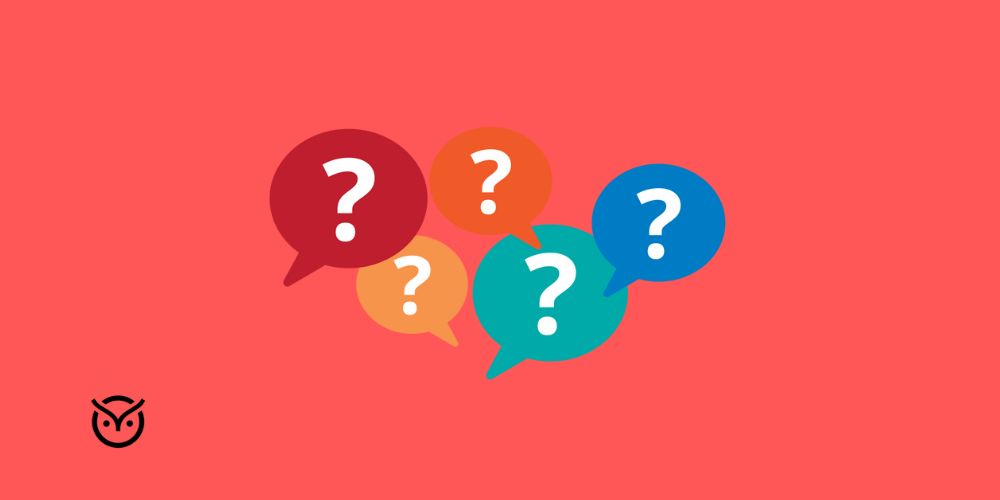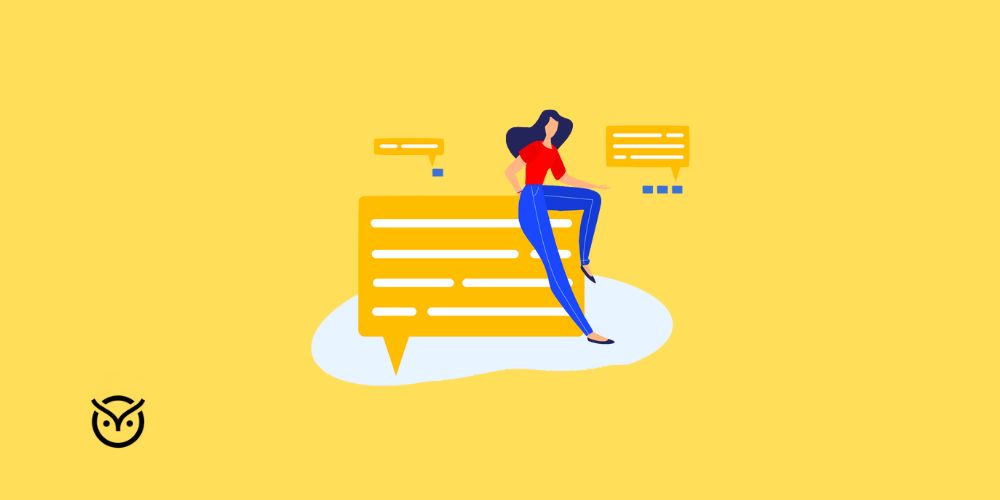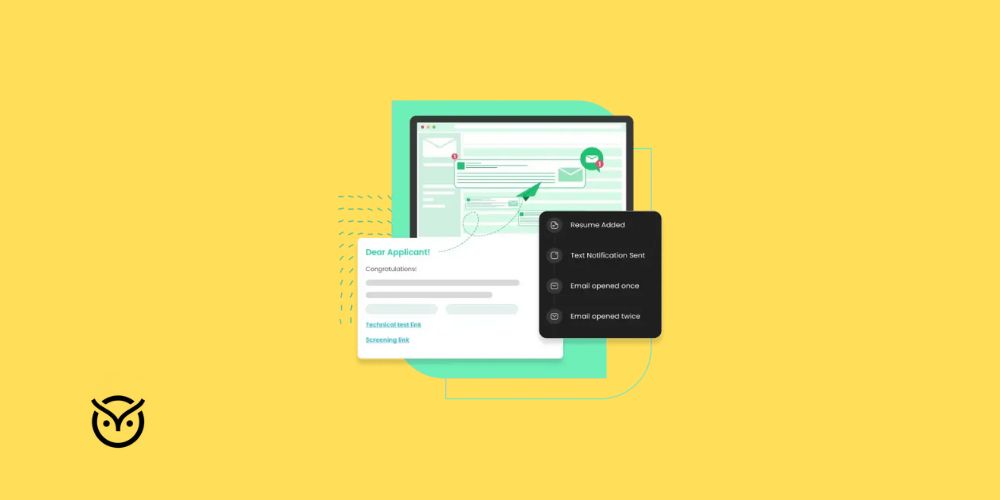
TL;DR
- Second interviews focus on deeper skills, mindset, and culture fit
- Expect behavioral, situational, technical, and panel questions
- Prepare examples using the STAR method
- Research the company beyond the basics
- Practice mock interviews and role-specific tasks
- Always ask thoughtful questions about the role and team
You’ve made it past the first hurdle, congratulations! But now comes the real test: the second round interview questions and answers that can make or break your odds of landing the job.
The second interview is when hiring managers will start investigating. So, what are second-round interview questions exactly? These are often more role-specific, scenario-based, or geared toward assessing your strategic thinking and communication style. 75 % of companies use behavioral interview questions to assess soft skills, underlining why mastering these types of questions in your second interview can set you apart. This blog will walk you through the most common second interview questions, sample answers, and more.
First vs. Second Interview: Quick Pop Quiz
What Are Second Round Interview Questions?

Second round interview questions are designed to go beyond surface-level qualifications and explore how well you fit the role, the team, and the company culture. While the first interview typically focuses on your resume, skills, and general background, the second interview is where employers assess how you think, solve problems, and interact under pressure.
You can expect a mix of:
- Behavioral interview questions that explore your past actions in workplace scenarios.
- Situational interview questions that test how you’d handle hypothetical challenges.
- Technical interview questions that evaluate your role-specific knowledge and problem-solving.
- Competency-based interview questions that assess key soft skills like leadership, communication, and teamwork.
These interviews often involve more stakeholders, from managers to team members, and can include panel interview questions or assessments, depending on the industry and position. Anticipate advanced discussions with hiring managers, executives, or cross-functional panels and expect to showcase your past efforts as well as the thought processes you went through, and your contributions to your former company or organization.
Match the Question Type
Drag each question to the correct category:
Common Second Round Interview Questions to Expect

Once you’ve passed the initial screening, the second round interview is where things get more serious. Employers already know you’re qualified—they now want to evaluate your thinking process, communication style, and cultural fit. Expect a deeper dive into your experiences through behavioral, situational, technical, and competency-based interview questions. Here are ten commonly asked second round interview questions to help you prepare:
1. Can you describe a time when you overcame a major challenge at work?
This behavioral question assesses resilience, problem-solving, and initiative—key areas interviewers focus on in the second round.
2. How do you handle competing priorities and tight deadlines?
A common question in managerial or fast-paced roles. It evaluates your time management and organizational skills.
3. What are your biggest strengths and areas for improvement?
This shows self-awareness and growth potential. Be honest, but focus on how you’ve worked to improve any weaknesses.
4. Tell me about a time you had a conflict with a team member. How did you resolve it?
Conflict-resolution skills are critical, especially for leadership or collaborative roles. The STAR method is a viable way to frame your answer.
5. Why do you want to work at this company, and how do you see yourself contributing?
This helps interviewers gauge your cultural fit and understanding of the company’s mission and goals.
6. How do you approach decision-making when faced with uncertainty?
Especially relevant for strategic or executive roles, this question tests your judgment and risk management skills.
7. What are your long-term career goals, and how does this role align with them?
Employers want to know if you’re planning to grow with the company. Be specific but flexible.
8. Can you share a successful project you led from start to finish?
This shows leadership, initiative, and your ability to follow through—key in second interviews for managers or engineers.
9. What motivates you to perform at your best?
Interviewers want to understand what drives you—whether it’s goals, recognition, learning, or team success.
10. Do you have any questions for us about the role or the team?
Always come prepared with questions to ask in a second interview. It shows genuine interest and helps you assess if the role is right for you.
Preparation Tips for the Second Round Interview Questions

Being invited back for a second interview means you have already impressed the hiring team, but now it is time to reassess and prepare for your second interview. Consider the following helpful tips to prepare and stand out:
Revisit your first interview
The starting point can be to look at what you talked about in your first interview. What questions were posited, what elements worked well, what areas needed growth, and any aspect of your response you felt was substandard. This exercise should naturally allow you to think about, refresh, and revise your own response to certain areas while compounding upon the sections that the interviewer may want to, or will, likely ask additional questions about.
Deepen Your Company Research
In a second interview, hiring managers expect you to show a deeper understanding of the company. Go beyond the “About Us” page, read recent news articles, product launches, press releases, and check out their social media to understand their culture and priorities.
Prepare for Role-Specific Questions
Whether you’re interviewing for a technical, managerial, sales, or customer service role, be ready for job-specific or industry-specific interview questions. Brush up on your technical knowledge, metrics, or tools that are commonly used in the position.
Practice With Mock Interviews
Do a mock interview with a mentor, friend, or career coach. This helps you get comfortable with potential second-round interview questions and answers, and it boosts confidence for the real thing.
Be Ready for a Panel or Task-Based Interview
Many second interviews involve either a panel or a practical task (a presentation or case study). Practice for your second interview by reviewing any past work that aligns with the job requirements and rehearsing your rationale in context, in a clear and confident way.
Build Your Second Interview Prep Plan
Fill in the blanks and generate your personalized prep plan:
Conclusion
Knowing your second round interview questions and answers could be the most important factor in helping you to get your next job. The second round interview is where employers look to further explore your experience, motivations, and whether you would be a good fit for their team.
When you take the time to fully prepare, practice your answers seriously, and show your passion for the position, you will be ahead of everybody else. Use this blog as your compass to attack your second interview decisively, confidently, and strategically, and bring yourself closer to your dream job.
Unlock the Interview Vault
Click the vault to unlock a final pro tip that could make or break your second interview.




